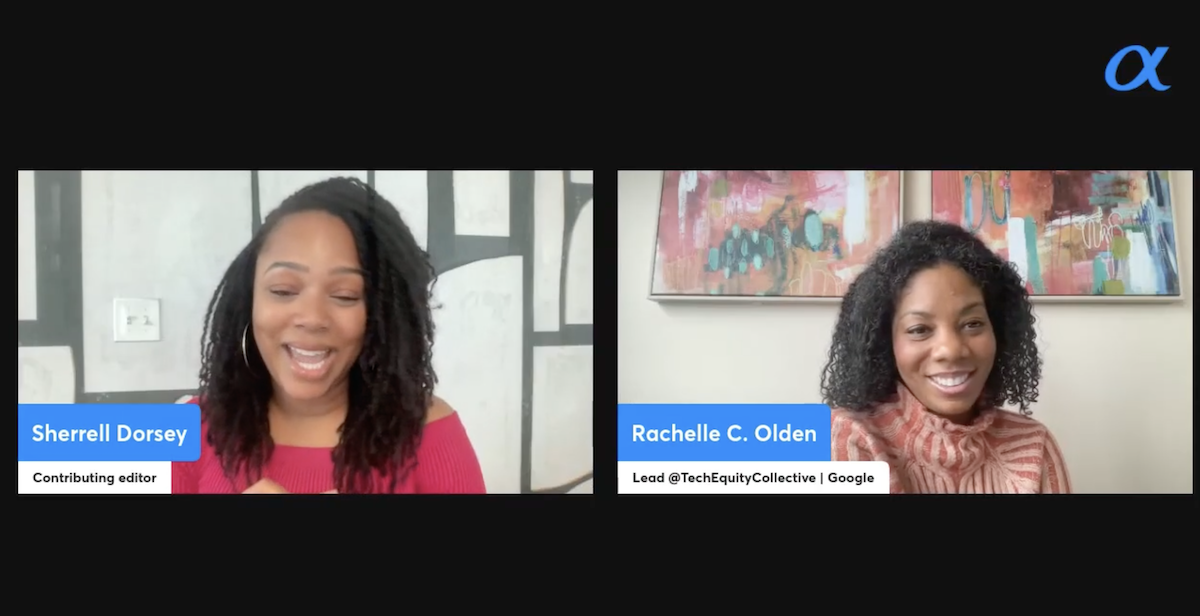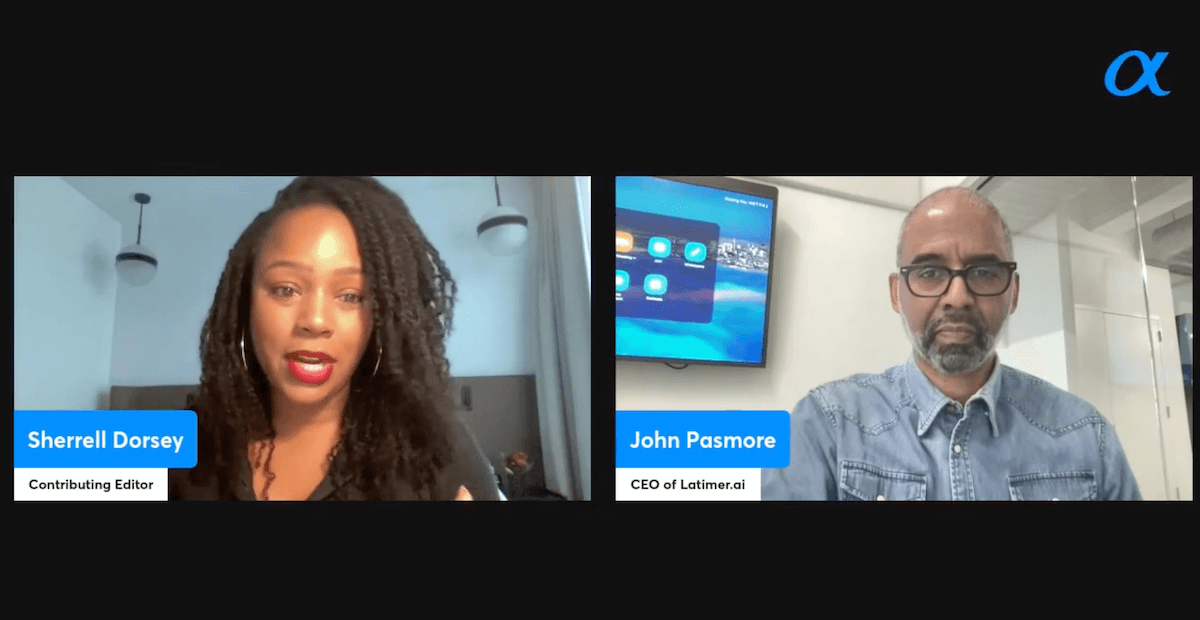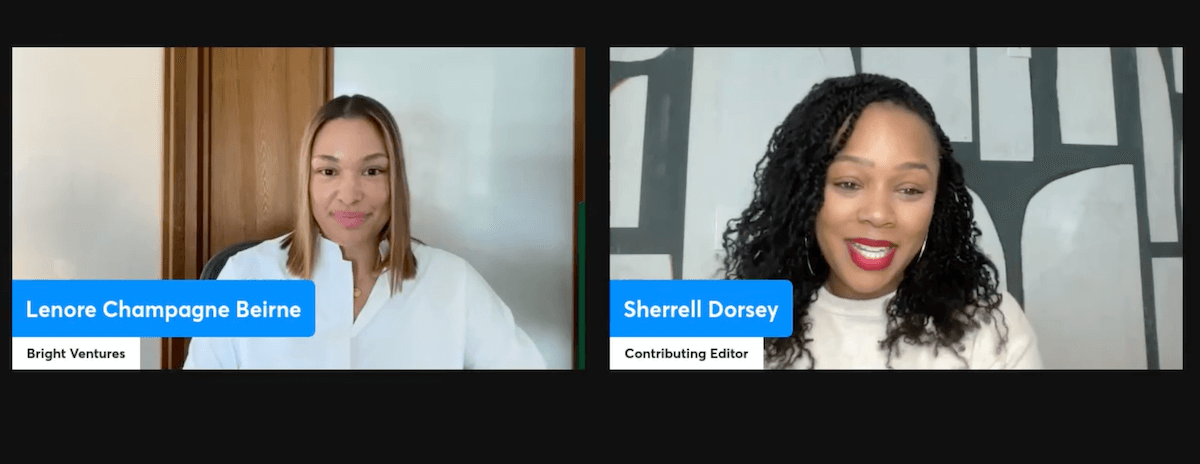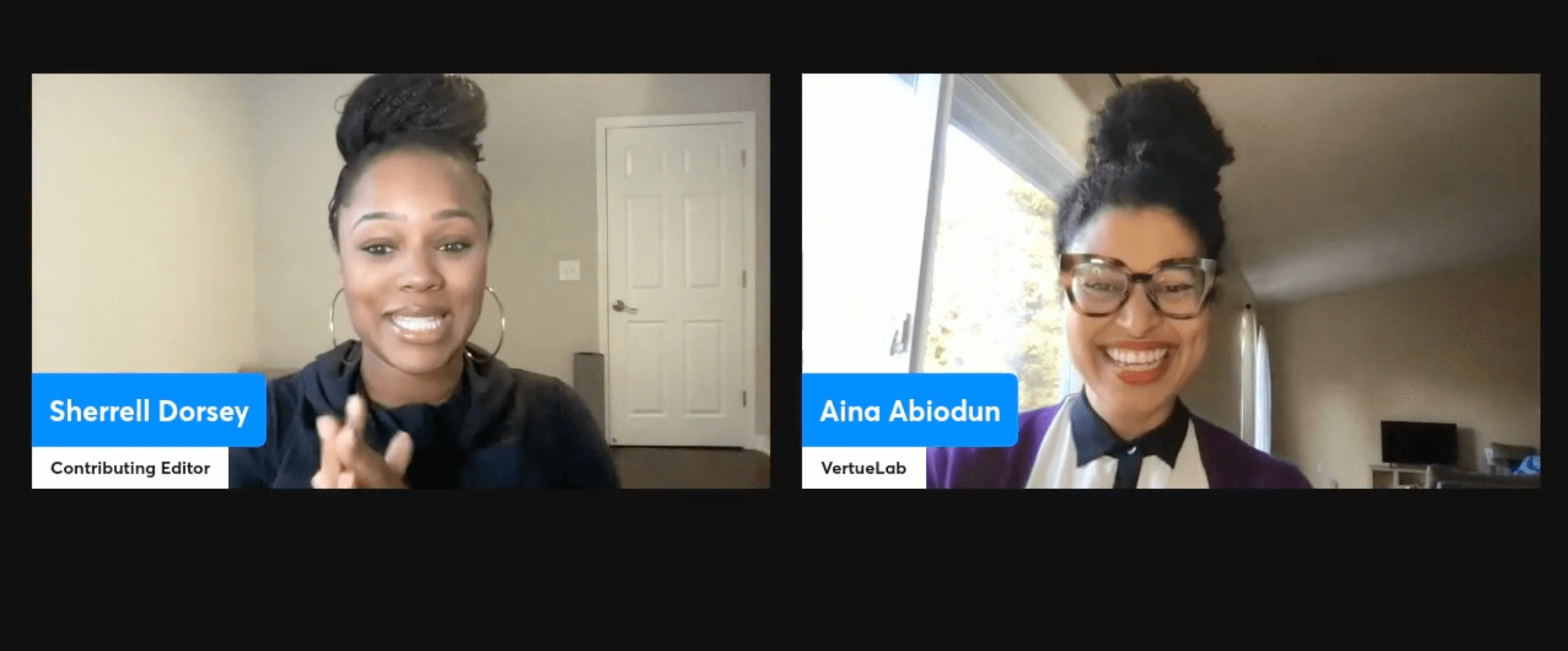In this episode of Impact Alpha’s PluggedIn, Sherrell Dorsey hosted Natalia Arjomand, Senior Director at SecondMuse and director of the firm’s Future Economy Lab, to explore the evolving landscape of capital for climate solutions and offered advice for entrepreneurs navigating these complex ecosystems.
SecondMuse, which bills itself as an “impact and innovation company,” has for 15 years worked with entrepreneurs who share its vision of an inclusive and resilient economy. The company realized that the challenge wasn’t a lack of capital, but rather the right kind of capital to meet the specific needs of the entrepreneurs it supported.
“We decided to kind of go back to first principles and really focus on the design of these financial products,” said Arjomand.
Innovative finance
Through its Future Economy Lab launched in 2020, SecondMuse has been leading a community-centered approach to design projects that focus on inclusivity and deliver impact outcomes to communities and entrepreneurs.
“We take a collaborative approach—working closely with the communities we serve to co-create solutions that address their specific challenges,” she explained.
One example is SecondMuse’s partnership with Silver Lining, a New York-based small business coach, to tackle the difficulty small businesses face in securing traditional mortgages for their storefronts. Design workshops that brought together small business owners and financial experts led to a fund that offers lease-to-own financing for small business property ownership as well as technical assistance.
“We really took the time to understand, why are you not able to get a traditional mortgage from a bank? And we designed a product that helped address all of those needs,” says Arjomand. “We didn’t just provide funding; we also integrated technical assistance to help these businesses navigate complex processes and make informed decisions.”
Capital for climate
Climate change is a big focus of SecondMuse. Mobilizing capital for climate projects often requires long-term support to achieve their goals. This contrasts with the pressure for immediate returns. “Climate investments have long ROI horizons, which can make it difficult to attract traditional investors. But educating the market on the long-term benefits is essential,” Arjomand noted.
As the landscape evolves, there’s a growing emphasis on educating investors about the value of social returns as part of the opportunity to address urgent climate issues. “We’re seeing a shift—more investors are recognizing that social returns are intrinsically linked to financial outcomes,” she added.
Collective effort
Collaboration is a key theme in SecondMuse’s work. Continuing partnership and cross pollination across sectors, including private, public, and foundation or philanthropic efforts, can help turn the tide.
“We’re past the stage of trying to convince people that collaboration is necessary. Now, it’s about doing it well—finding ways to make partnerships work effectively,” said Arjomand.
She also emphasized that tackling climate challenges requires a collective approach, bringing together investors, philanthropies, and governments. “It’s not just about funding projects. It’s about solving big problems together, pooling resources and expertise to create lasting change,” she said.
Right capital
For entrepreneurs pursuing funding for climate and climate-related projects, Arjomand advises that the rush to raise dollars must be met with caution.
“Not all capital is created equal. Entrepreneurs need to do their due diligence—not just on the financial terms but on what the investor brings to the table in terms of connections, expertise, and long-term commitment,” advised Natalia.
She urged entrepreneurs to align with investors who match their values and understand the long-term nature of their work. “Look for partners who believe in your vision and who are in it for the long haul.”












